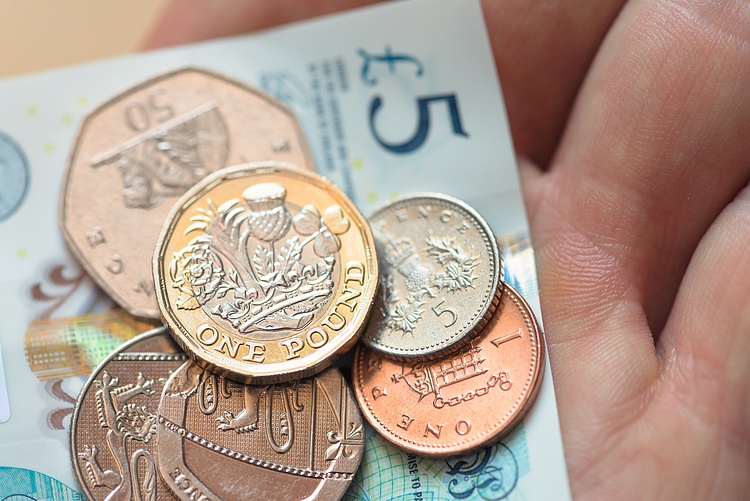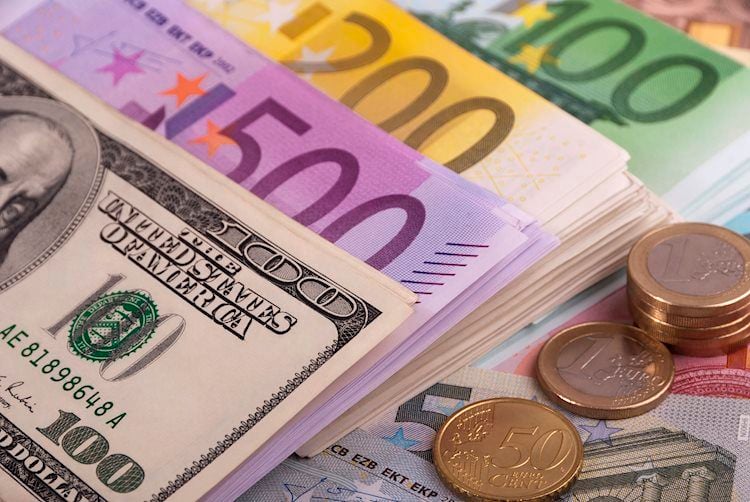GBP/USD is down for the eighth day in a row.
The US dollar is strong following mixed economic data in the US, with the NFP data being closely watched.
The pound has lost ground as a result of weak economic data and the Bank of England’s dovish approach.
The high buying demand in the US dollar keeps the GBP/USD rate under pressure. In the early Asian trading hours of Friday, the pair retreated to a new multi-month low.
The GBP/USD currency pair is currently trading at 1.3760, down 0.05 percent on the day.
The US Dollar Index (DXY), which measures the greenback’s performance versus six major currencies, is currently trading at 92.50, up 0.13 percent. Investors are speculating on a faster-than-expected rate hike from the Federal Reserve in the near future.
Positive economic data also boosts USD valuations. Initial Jobless Claims in the United States decreased to 364K, compared to market forecasts of 390K. This is the lowest reading in more than a year.
The IHS Markit US Manufacturing Purchasing Managers Index (PMI) came in at 62.1, slightly below market expectations of 62.6. Construction spending in the United States fell by 0.3 percent in May.
In June, the ISM Manufacturing PMI fell to 60.6 from 61.2 in May, falling short of market expectations of 61. The figures indicated a reduction in new orders, but they still demonstrated strong factory expansion.
Furthermore, the International Monetary Fund (IMF) increased its US growth prediction for 2021 to 7.0 percent, citing a solid economic recovery and the expectation that US President Joe Biden’s ambitious infrastructure plan will be implemented. The dollar rose in response to the upbeat mood.
Sterling, on the other hand, has been under fresh selling pressure as a result of the Bank of England’s (BOE) Governor Andrew Bailey’s dovish comments. He dismissed inflationary pressures as a result of base effect shifts and supply-demand imbalances. The IHS Markit/CIPS UK Manufacturing PMI came in at 63.9 in June, falling short of market forecasts of 64.2.
Meanwhile, the EU and the UK decided on Wednesday to postpone the sausage battle for the next three months.
On the time being, investors are waiting for non-farm payroll data, the balance of trade, and the unemployment rate in the United States to determine market sentiment./n





